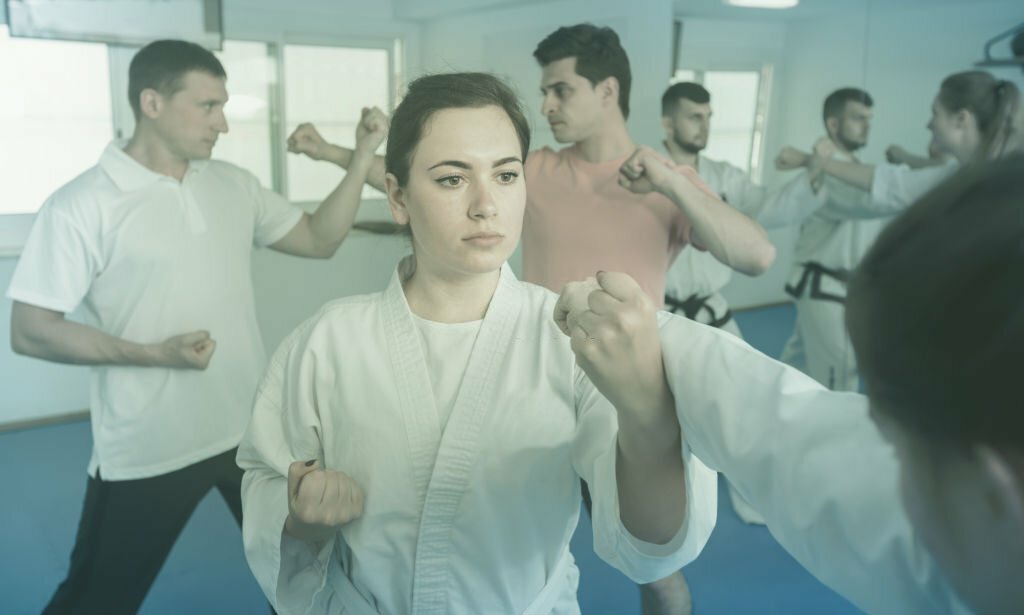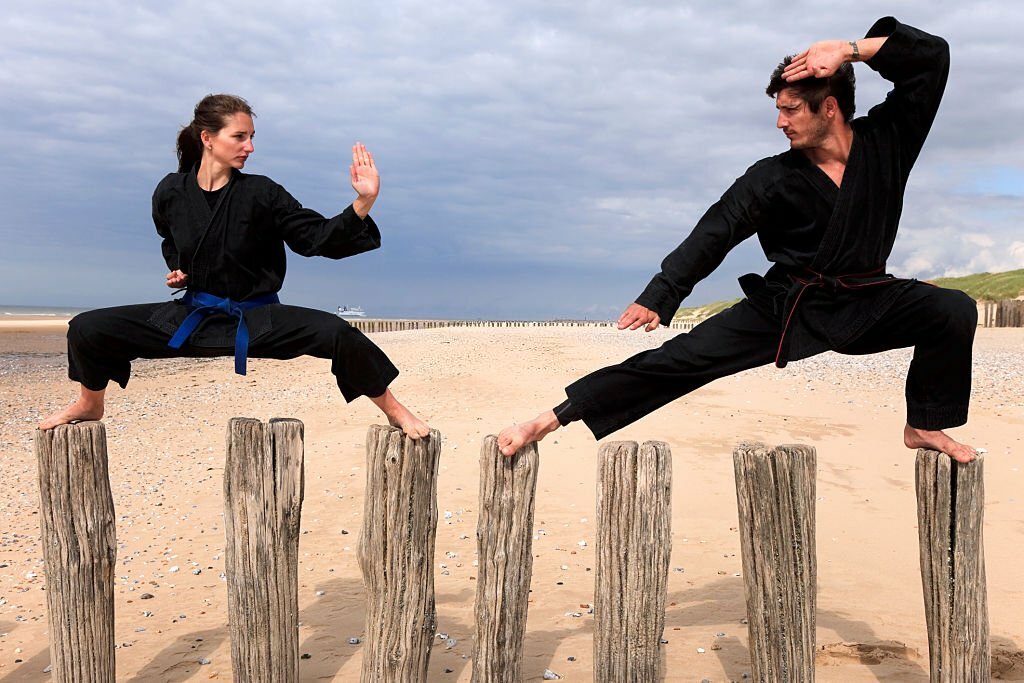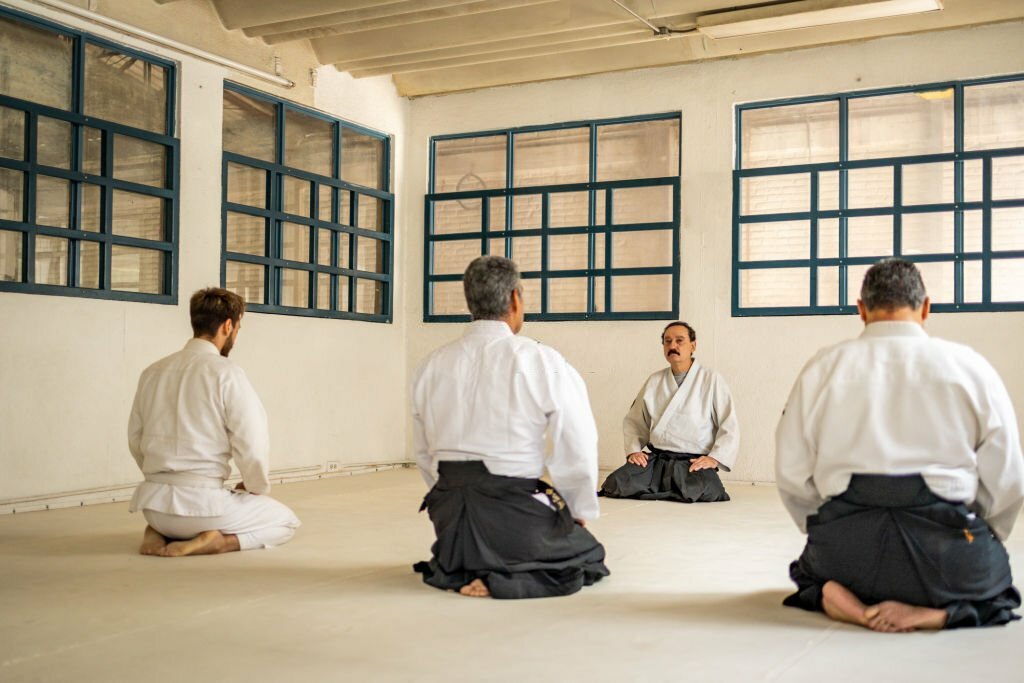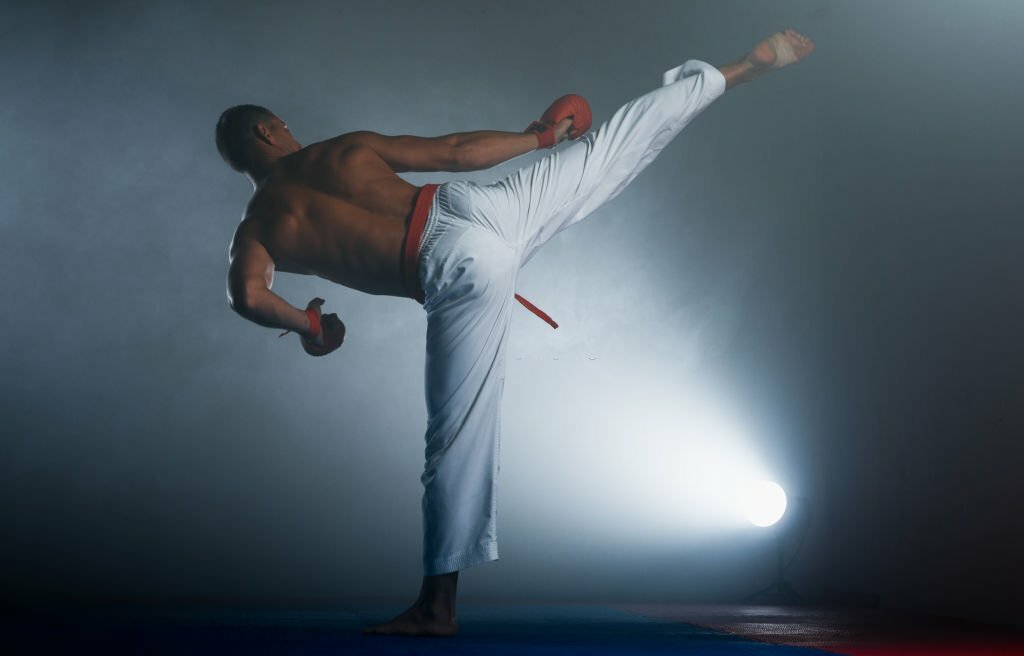In the dynamic world of sports and fitness, athletes are constantly seeking innovative ways to enhance their performance. Beyond traditional training methods, martial arts have emerged as a holistic approach to developing not just physical strength, but also mental resilience and agility.
This article explores the multifaceted impact of martial arts training on overall athletic performance, shedding light on the ways in which these ancient practices contribute to a well-rounded and high-performing athlete.
The Physical Foundations of Martial Arts
Martial arts, with their diverse range of disciplines, lay a robust foundation for physical development. Each form places unique demands on the body, fostering specific attributes that contribute to an athlete’s overall physical prowess.
Strength and Conditioning
Martial arts classes at Team Tieu encompass a wide range of disciplines, each emphasizing specific physical attributes. Whether it’s the explosive power of karate, the flexibility of taekwondo, or the endurance of Brazilian jiu-jitsu, practitioners engage in comprehensive strength and conditioning exercises tailored to their chosen art.
This targeted approach translates into improved muscle tone, cardiovascular health, and overall physical resilience.
Coordination and Reflexes
One of the key benefits of training lies in its ability to enhance coordination and reflexes. The intricate and precise movements required in various martial arts forms demand a heightened level of mind-body connection.
As athletes progress in martial arts training, develop a keen sense of spatial awareness and quick response times, attributes that prove invaluable across different sports.
Mental Toughness and Focus
Mental toughness and focus are cornerstones of martial arts training, setting it apart as a holistic approach to athletic development that goes beyond the physical realm.

Discipline and Mental Resilience
This training is not just about physical prowess; it is equally concerned with cultivating mental toughness. Athletes undergo rigorous mental conditioning, learning to push through challenges, setbacks, and fatigue.
The discipline instilled through martial arts practice becomes a transferable skill, enabling athletes to maintain focus during high-pressure situations in their respective sports.
Improved Concentration and Mindfulness
Many martial arts forms place a strong emphasis on mindfulness and being present in the moment. Whether it’s the controlled breathing in yoga or the meditative aspects of tai chi, athletes find that this training helps sharpen their concentration.
This heightened focus proves beneficial in various sports scenarios, enhancing decision-making and execution under pressure.
Enhancing Flexibility and Range of Motion
Flexibility and range of motion are critical components of martial arts training, offering benefits that extend far beyond the dojo or training facility.
Fluid Movements and Injury Prevention
This training incorporates a wide array of dynamic stretches and movements that enhance flexibility. Increased flexibility not only contributes to fluid and efficient movements but also plays a crucial role in injury prevention.
Athletes with greater flexibility are less prone to muscle strains and joint injuries, providing a solid foundation for sustained athletic performance.
Balance and Stability
Balance is a fundamental aspect of martial arts, with many disciplines requiring practitioners to master intricate poses and stances.
This emphasis on balance translates into improved stability, a critical component for athletes in sports that demand quick changes in direction, such as basketball, soccer, or tennis.
These practitioners often display enhanced equilibrium and control over their bodies, reducing the risk of injuries related to imbalance.

Transferable Skills to Other Sports
Martial arts training doesn’t exist in isolation; its impact often extends beyond the dojo, offering athletes a set of transferable skills that can elevate their performance in various sports.
Cross-Training Benefits
The skills acquired through the training often complement and enhance performance in other sports. Athletes who engage in cross-training with martial arts find that the agility, strength, and mental acuity developed on the mat translate seamlessly to their primary sport.
This adaptability makes it an attractive supplementary training method for athletes seeking a competitive edge.
Team Building and Confidence
Certain martial arts, like Brazilian jiu-jitsu and judo, involve a significant element of grappling and sparring. This hands-on aspect fosters a sense of camaraderie among practitioners, contributing to effective teamwork.
Additionally, the confidence gained from mastering self-defense techniques and overcoming challenges in martial arts spills over into an athlete’s overall confidence, positively influencing their performance in team sports.
Cultural and Ethical Dimensions
Beyond the physical and mental aspects, it carries profound cultural and ethical dimensions that contribute to the overall development of an athlete’s character.

Character Development
Martial arts are deeply rooted in cultural and ethical principles, often emphasizing virtues such as respect, humility, and perseverance.
Immersed athletes build physical and mental prowess, nurturing character strength through dedicated engagement in training. Ethical dimensions impact behavior positively, fostering sportsmanship and fair play both on and off-field arenas.
Cultural Awareness and Global Perspectives
Engaging in martial arts exposes athletes to diverse cultural practices and perspectives. This cultural exchange can broaden an athlete’s worldview, fostering an appreciation for different traditions and approaches to physical fitness.
The global nature of these communities provides athletes with a unique opportunity to connect with peers from various backgrounds, promoting inclusivity and diversity in the world of sports.
Conclusion
In conclusion, the impact of martial arts training on overall athletic performance extends far beyond the physical realm. From building strength and flexibility to honing mental toughness and focus, they offer a holistic approach to sports training.
Transferable skills gained in training enhance athleticism, offering a competitive edge and fostering long-term health. Ancient practices remain timeless, providing athletes with an effective route to unlock and sustain peak performance.










